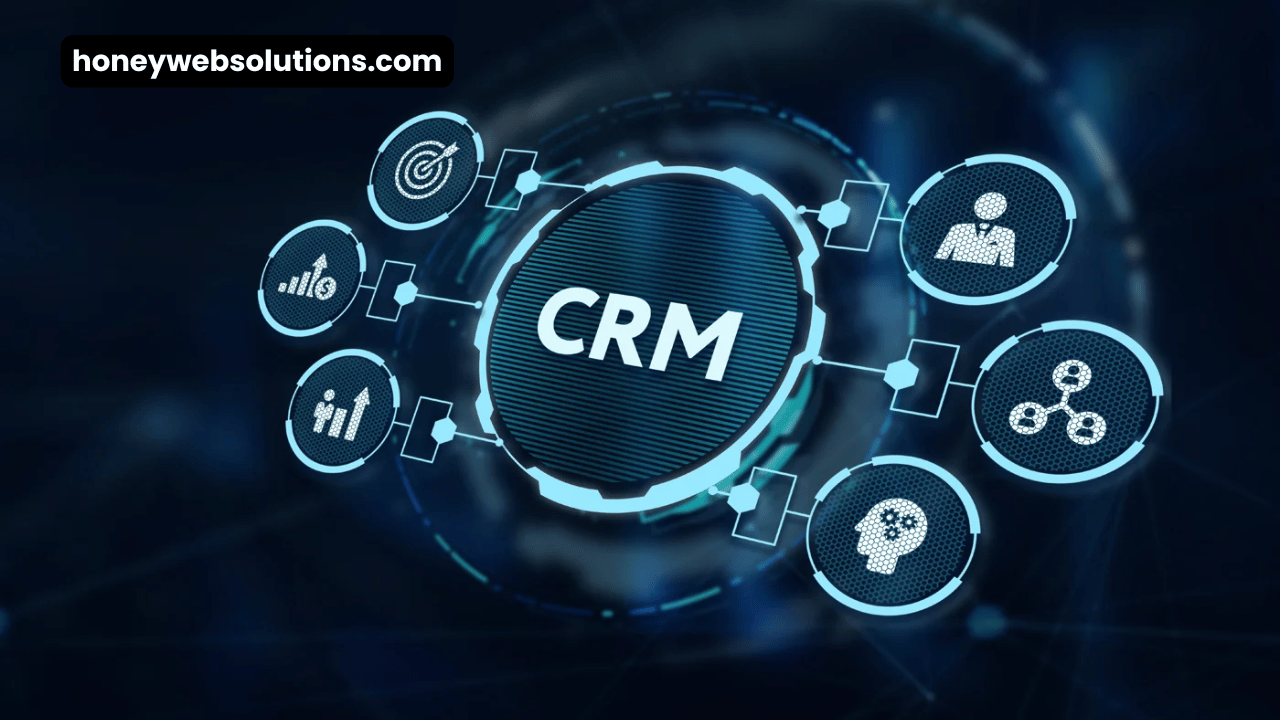Introduction to Manufacturing LMS: What Are They and Why Do You Need One?
Staying updated and well-trained can be a challenge in the manufacturing industry. This challenge can be solved by using Manufacturing LMS, or Learning Management Systems. But what exactly are these systems, and why might you need one for your manufacturing business?
A Manufacturing LMS stands for Learning Management System, and it is majorly a digital platform designed to make training and learning more accessible and easier for manufacturing companies.
This means that workers can make use of training materials anytime they want, and it will not matter if they are working in the office building or working from home as a remote worker. So, let’s explore the world of Manufacturing LMS, demystify the jargon, and discover how it can benefit your manufacturing business.
The Basics: Key Components of a Manufacturing LMS
In simple terms, a Manufacturing LMS is like an online academy for your manufacturing workforce. Let us consider some of the components of manufacturing LMS.
A. Learning Content
This feature is like a digital library where all your training materials are stored. Think of it as a bookshelf that holds all the knowledge your employees need, readily accessible at any time. Here are some of the critical components:
Training Modules
Think of training modules as the main chapters in a textbook. They’re like structured lessons, each covering a specific topic or skill related to manufacturing. These modules provide a clear path for your employees to learn new things, just like following chapters in a book to understand a subject.
Assessments and Quizzes
Assessments and quizzes are like pop quizzes or tests you’d take in school. They’re designed to check how well your employees have understood and retained the information from the training modules. It is a bit like giving them a test to make sure they are on the right track in their learning journey.
Video Tutorials
Video tutorials can be in the form of educational videos you might find on platforms like YouTube, but tailored to your manufacturing needs. These videos are used most times to show the workers a new or hard practical skill, such as how to operate a new machine.
It’s a bit like having a teacher show you how to do something step by step with the help of visual and auditory means.
B. User Management
Employee Profiles
Think of Employee Profiles like individual student files in a school. Each employee working in your manufacturing company gets their own digital file in the system. This makes it very easy to get information about the workers, about the training they have been through, and information like their name, job title, and maybe even a picture.
Role-Based Access
Role-Based Access is like having different types of keys for different doors in a building. In your manufacturing LMS, you assign roles to each employee based on their job responsibilities. These roles determine what parts of the LMS they can access. It’s a bit like giving a manager a key to the manager’s office and a worker a key to the factory floor.
Role-based access ensures that employees only see and interact with the parts of the system that are relevant to their roles, keeping everything organized and secure. This way, you control who can access sensitive information and training materials, just like having a master key to certain rooms while keeping others locked to unauthorized personnel.
C. Reporting and Analytics
Progress Tracking
Progress tracking in a Manufacturing LMS is akin to keeping a scorecard for each employee’s learning journey. It’s a feature that monitors and records how far each worker has come in their training.
Just like a progress bar in a video game that shows how close you are to completing a level, it displays where employees stand in their training courses. With this, you can easily see if they’ve completed specific courses or how they’re doing in their educational path.
Performance Metrics
Performance metrics are the report review for your employees’ training. Just like in school, it tells you how well someone is doing. The LMS collects data on how your employees are performing in their training – whether they’re acing their quizzes, struggling with certain topics, or somewhere in between.
Just like how a report card helps you understand your strengths and weaknesses in school, performance metrics do the same for your workforce’s training progress.
Manufacturing LMS Benefits
Manufacturing Learning Management Systems (LMS) offer a wide array of advantages for companies operating in the manufacturing sector. These benefits play a crucial role in enhancing operations and workforce performance while maintaining regulatory compliance. Here are the key benefits:
Streamlined Training
Manufacturing LMS platforms streamline training processes, simplifying the creation and distribution of training materials. This leads to better hiring of new employees and improved skills for old workers, this will lead to faster production and reduce delays in production.
Consistent Quality Control
Manufacturing LMS systems standardize quality control procedures and deliver training on quality assurance protocols, ensuring product consistency, reducing defects, and minimizing waste.
Regulatory Compliance
Manufacturing often involves stringent regulations. Compliance training can be handled easily by LMS systems, which ensures staff have an understanding of the rules of the industry, in order to avoid legal troubles and possible damages.
Scalability and Flexibility
Manufacturing LMS solutions easily adapt to changes in the workforce and production processes, supporting growth and evolution while maintaining a well-trained workforce.
Reduced Training Costs
By automating and centralizing training materials, manufacturing LMS systems reduce the need for physical training sessions, printed materials, and in-person instructors. Over time, this leads to powerful cost decreases, especially for big business operations.
Employee Manufacturing LMS Software: Choosing the Right One
Selecting the right LMS software for manufacturing is a critical decision for manufacturers. Here’s a guide to help you choose the most suitable manufacturing LMS for your organization:
Learning Content Management
Quality of Content: Look for a system that allows you to create, manage, and deliver high-quality learning content. Ensure it supports various formats, such as videos, documents, and interactive modules.
Compliance and Reporting
Regulatory Support: Manufacturers often deal with stringent regulations. The LMS should have features for tracking and managing compliance training to help you stay on the right side of the law.
Scalability
Future Growth: The LMS should be scalable to accommodate your organization’s growth and evolving training requirements. Check for the ability to add more users, content, and features as needed.
Mobile Learning
In a manufacturing environment, accessibility is crucial. The LMS should support mobile learning to allow employees to access training materials while on the factory floor or on the go.
Support and Training
Consider the quality of customer support provided by the LMS provider. Responsive support is essential for addressing technical issues and inquiries promptly.
Security and Data Privacy
In manufacturing, sensitive data may be involved. Ensure the LMS prioritizes data security and follows industry-standard data privacy practices.
Cost and ROI
Consider the pricing structure, whether it’s based on the number of users, content, or some other metric. Compare pricing against the features and support provided to ensure you get the best value for your investment.
User Feedback and Reviews
Research the LMS’s reputation in the industry. Read user reviews, ask for references, and seek feedback from organizations that have already implemented the system.
Taking into account these factors when choosing an Employee Manufacturing LMS software will help you make an informed decision that aligns with your company’s training needs and long-term goals.
Conclusion
When selecting the right Manufacturing LMS, factors like learning content management, compliance and reporting, scalability, mobile learning, support and training, security, cost, and user feedback should all be carefully considered.
It’s not just about getting trained; it’s about being smart with what you learn, and a Manufacturing LMS is your tool for achieving just that.











